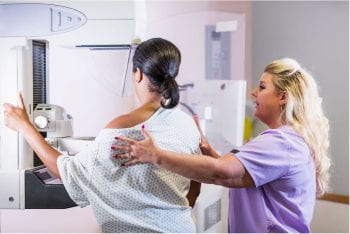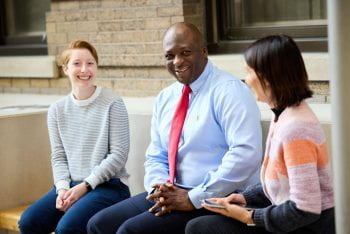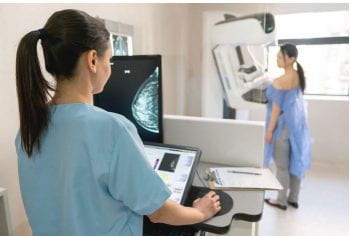According to a study led by researchers at Washington University School of Medicine in St. Louis, diagnoses of breast cancer have increased steadily in women under age 50 over the past two decades, with steeper increases in more recent years. Studying such trends may offer clues to possible prevention strategies.
Breast cancer rates increasing among younger women




